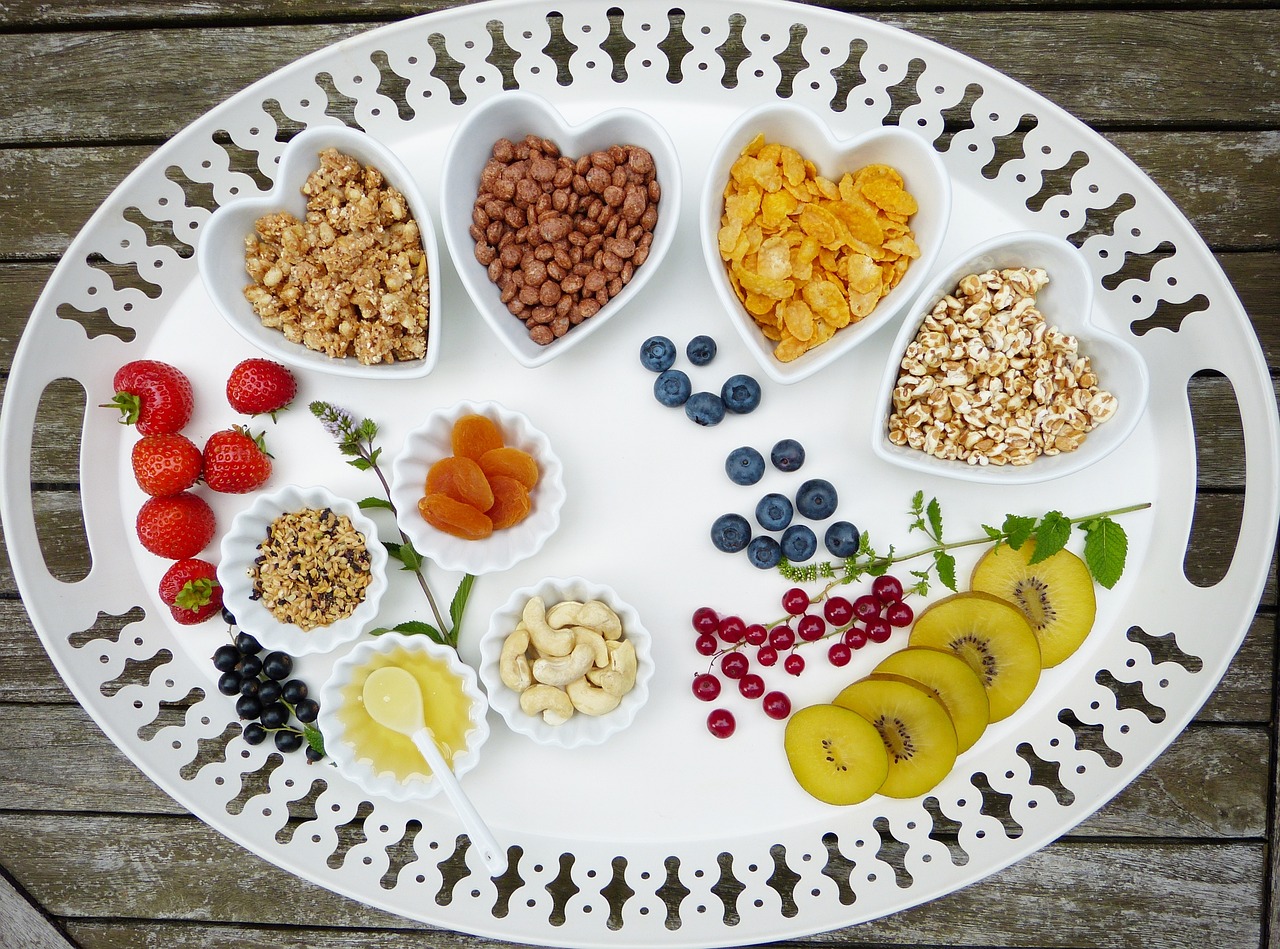“`html
In the quest for weight management and overall well-being, metabolism often takes center stage. But what exactly is metabolism, and how can we boost it? Metabolism refers to the complex biochemical processes that convert food into energy, affecting everything from weight loss to energy levels and bodily functions. This blog post aims to explore various strategies to enhance your metabolism, backed by science and practical tips that can be easily incorporated into your daily routine.
Understanding Metabolism
Before diving into how to boost metabolism, it’s crucial to understand what it is and how it works. Your metabolism comprises two main processes:
- Catabolism: The breakdown of food and body tissues to release energy.
- Anabolism: The process of using energy to construct and repair cellular structures.
The Basal Metabolic Rate (BMR)
Your Basal Metabolic Rate (BMR) is the number of calories your body needs at rest to maintain vital functions like respiration and circulation. It accounts for about 60-75% of your total energy expenditure.
Factors Influencing Metabolism
Several factors influence your metabolic rate, including:
- Age: Metabolic rate slows down with age.
- Gender: Males generally have a higher BMR than females.
- Body composition: More muscle mass can lead to a higher BMR.
Nutrition: Fueling Your Metabolism
Your diet plays a pivotal role in boosting metabolism. Focusing on nutrient-dense, whole foods can significantly enhance your metabolic processes.
Foods that Boost Metabolism
Incorporate these foods into your diet to give your metabolism a boost:
- High-Protein Foods: Include sources like chicken, fish, eggs, beans, and legumes. Protein can increase your metabolic rate by 15-30% due to the energy required for digestion.
- Spices: Spicy foods, especially those containing cayenne peppers and ginger, can enhance metabolism temporarily.
- Green Tea and Coffee: Both drinks can increase your metabolic rate by 3-11%, primarily due to caffeine and catechins.
Hydration’s Role
Staying well-hydrated is crucial for optimal metabolic activity. Water is essential for numerous biochemical reactions in the body.
- Best Practices:
- Drink at least 8-10 cups of water daily.
- Consider drinking cold water, as your body uses energy to heat it up to body temperature.
Exercise to Elevate Metabolic Rate
Regular physical activity is one of the most effective ways to boost metabolism. Here are some types of exercises that can help:
Strength Training
Strength training builds muscle mass, which can lead to a higher BMR. As muscle tissue is more metabolically active than fat tissue, increasing your muscle mass can boost your metabolism. Some effective strength training exercises include:
- Weight lifting
- Resistance band workouts
- Bodyweight exercises like squats and push-ups
High-Intensity Interval Training (HIIT)
HIIT workouts alternate between short bursts of intense activity and rest periods. This form of exercise can elevate your metabolism for hours after the workout.
- Examples of HIIT activities:
- Sprinting followed by walking
- Circuit training
- Jumping rope with rest intervals
Sleep: The Overlooked Metabolism Booster
Many people overlook the importance of sleep in metabolic health. Poor sleep can disrupt hormonal balance and lead to weight gain.
The Connection Between Sleep and Metabolism
Research shows inadequate sleep can reduce insulin sensitivity and increase appetite-regulating hormones:
- Tips for Better Sleep:
- Set a consistent sleep schedule.
- Limit blue light exposure before bedtime.
- Create a relaxing bedtime routine.
Stress Management: Keeping Your Metabolism Steady
Chronic stress can lead to hormonal changes that negatively impact metabolism. Managing stress effectively is essential for metabolic balance.
Effective Stress Management Techniques
Consider these strategies to lower stress:
- Mindfulness and Meditation: Practices like yoga and meditation can help reduce stress levels.
- Physical Activity: Regular exercise can be an excellent outlet for stress relief.
- Social Support: Connecting with friends and family can buffer stress and improve overall well-being.
Conclusion
Boosting your metabolism is a multifaceted endeavor that involves diet, exercise, sleep, and stress management. By incorporating nutrient-dense foods, engaging in regular physical activities like strength training and HIIT, prioritizing sleep, and managing stress effectively, you can enhance your metabolic rate and improve your overall health. Remember, small changes can lead to significant results over time, so start integrating these strategies today and enjoy the benefits of a more active metabolism!
“`






